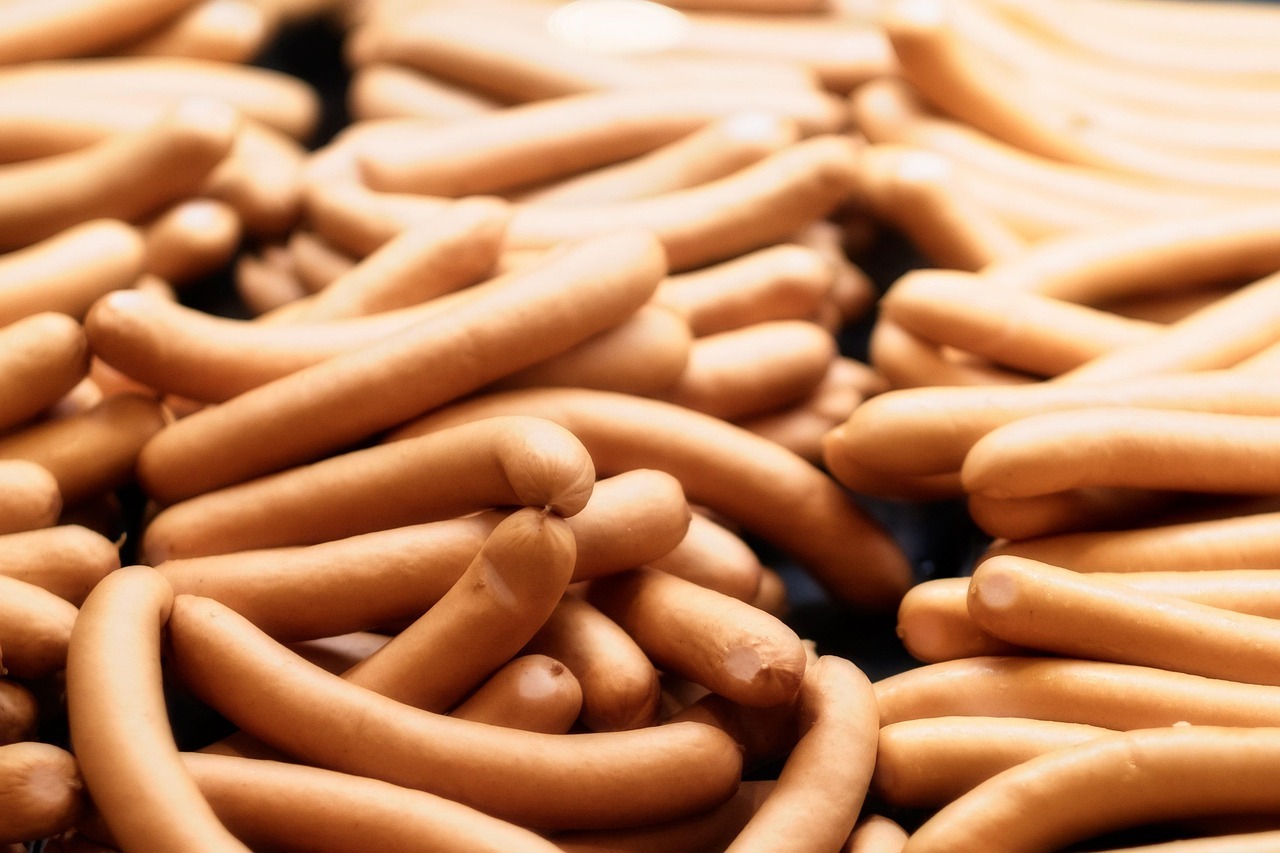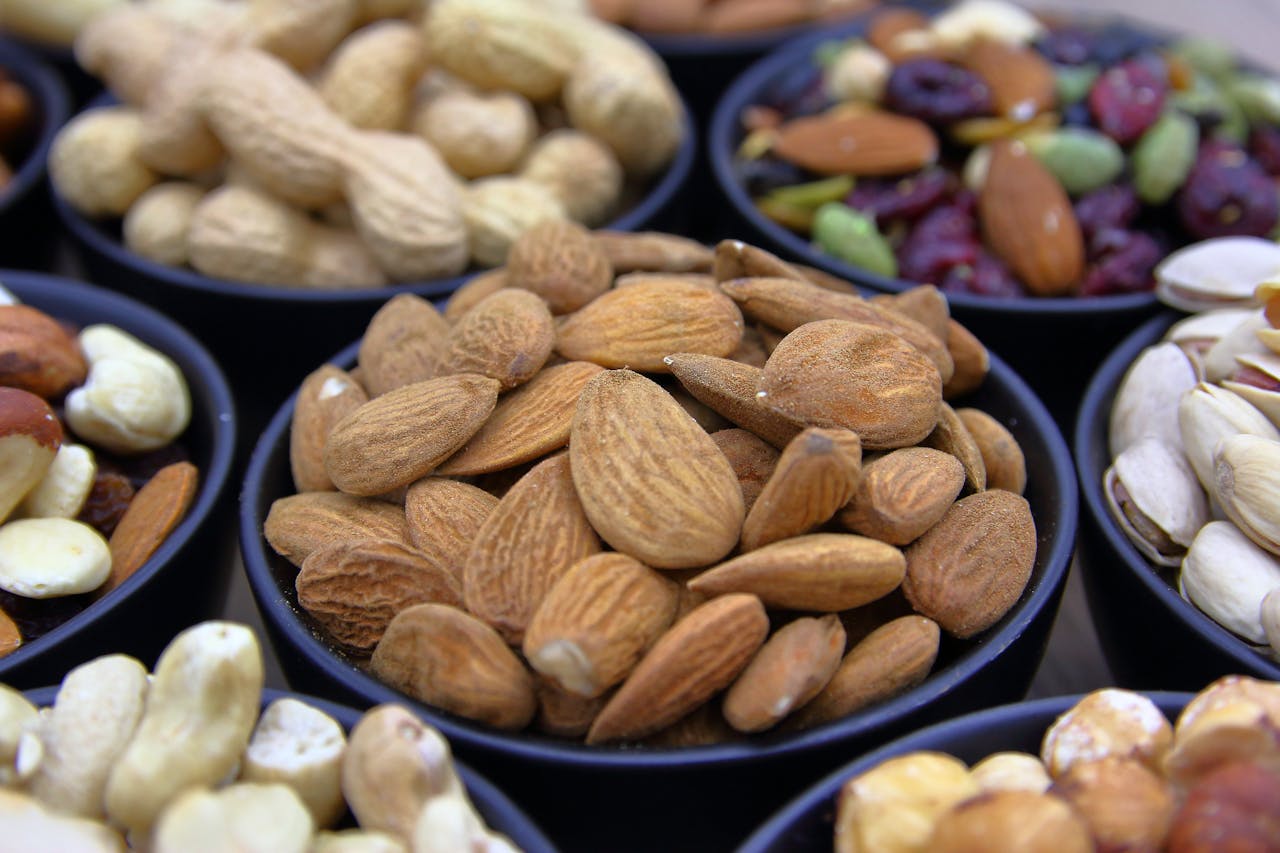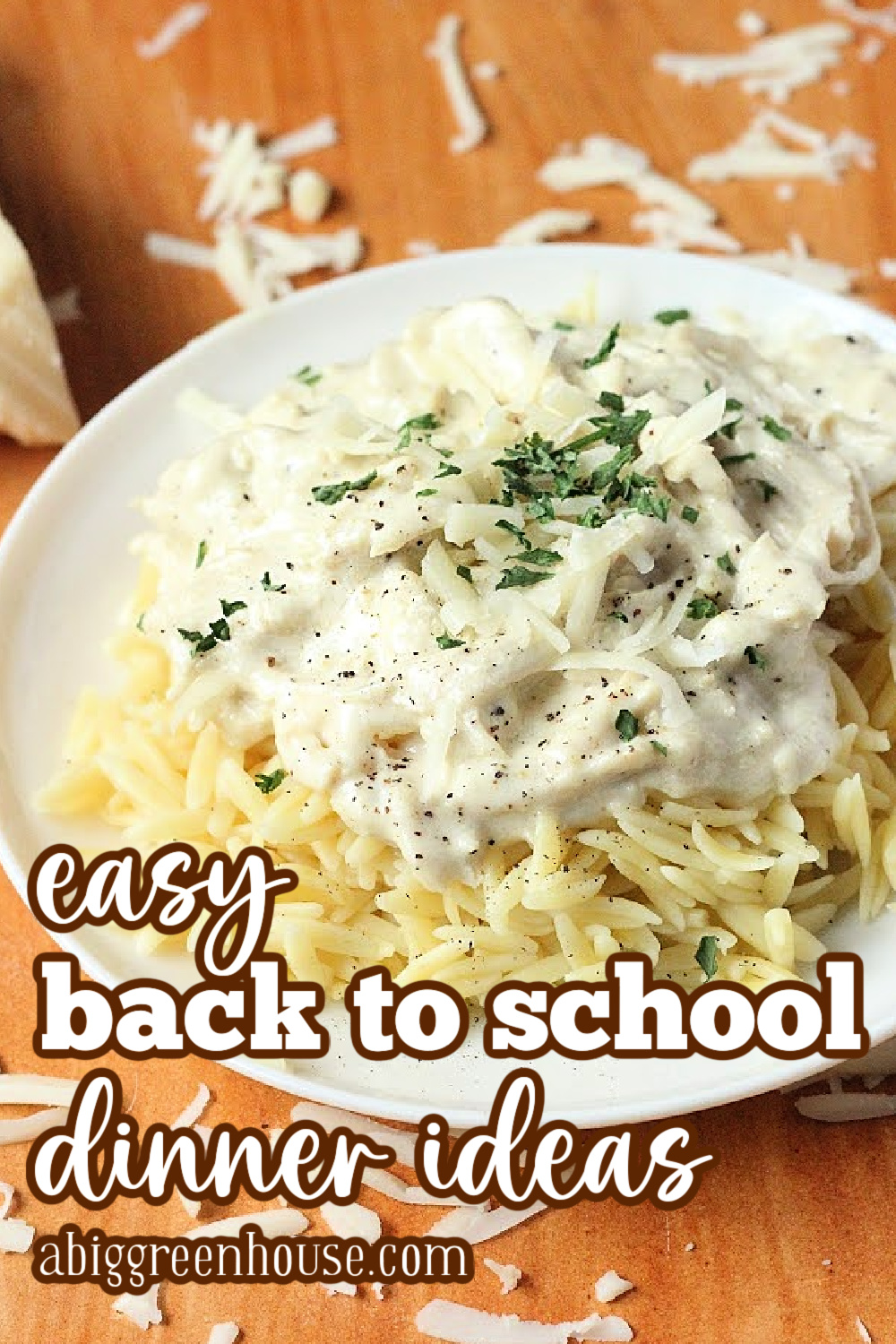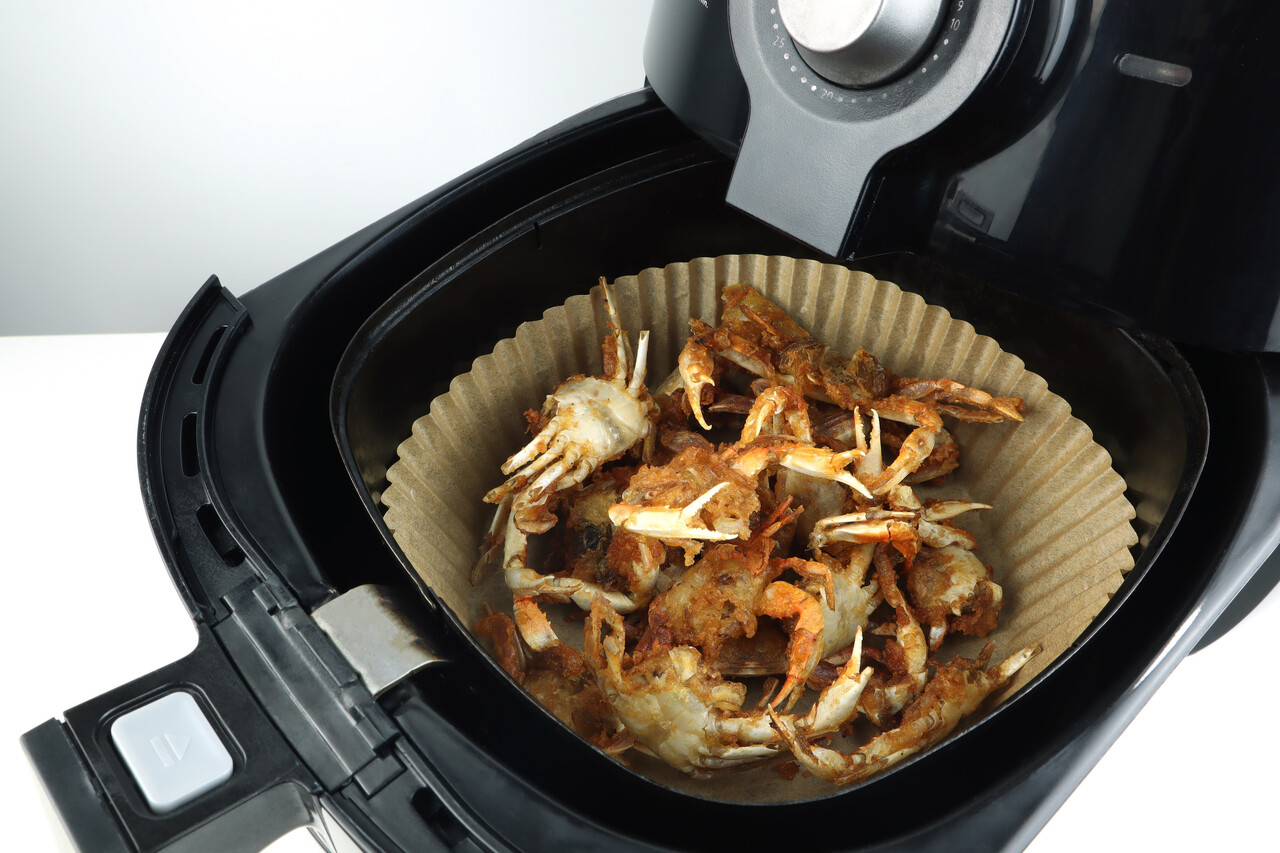12 Safer Snacking Habits During Door-to-Door Adventures
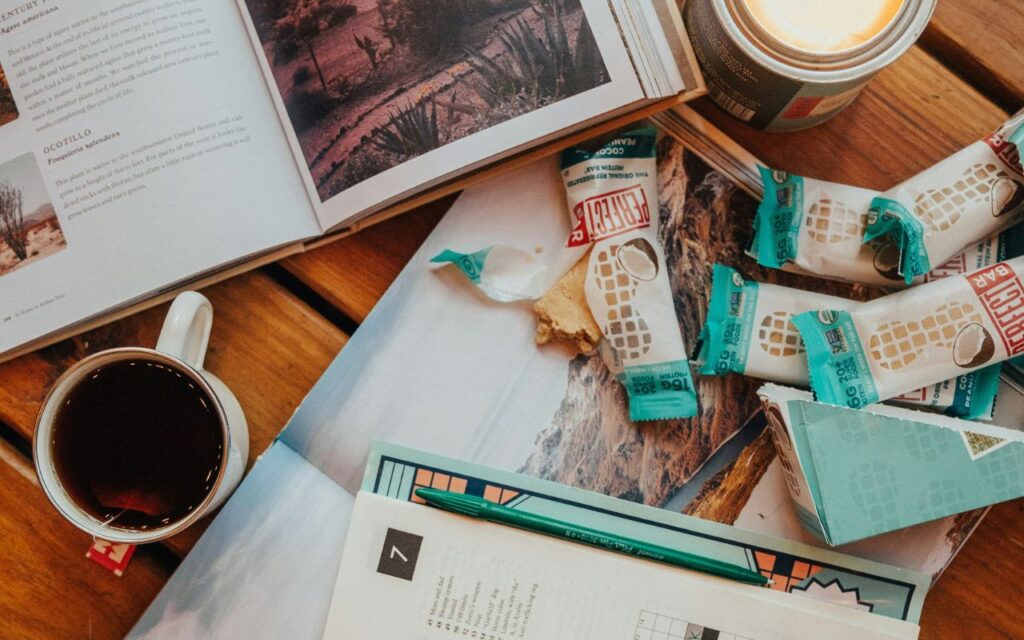
Staying fueled during door-to-door adventures requires smart snacking strategies that prioritize safety, nutrition, and convenience. Packing the right foods not only sustains energy but also prevents exposure to contaminated or unhealthy options commonly found at convenience stops. By preparing in advance, travelers can maintain dietary goals, avoid foodborne illness, and support overall well-being on the move. Simple practices like hand sanitizing, proper storage, and choosing whole, minimally processed foods make a significant difference in health outcomes during travel.
Pack Non-Perishable Snacks
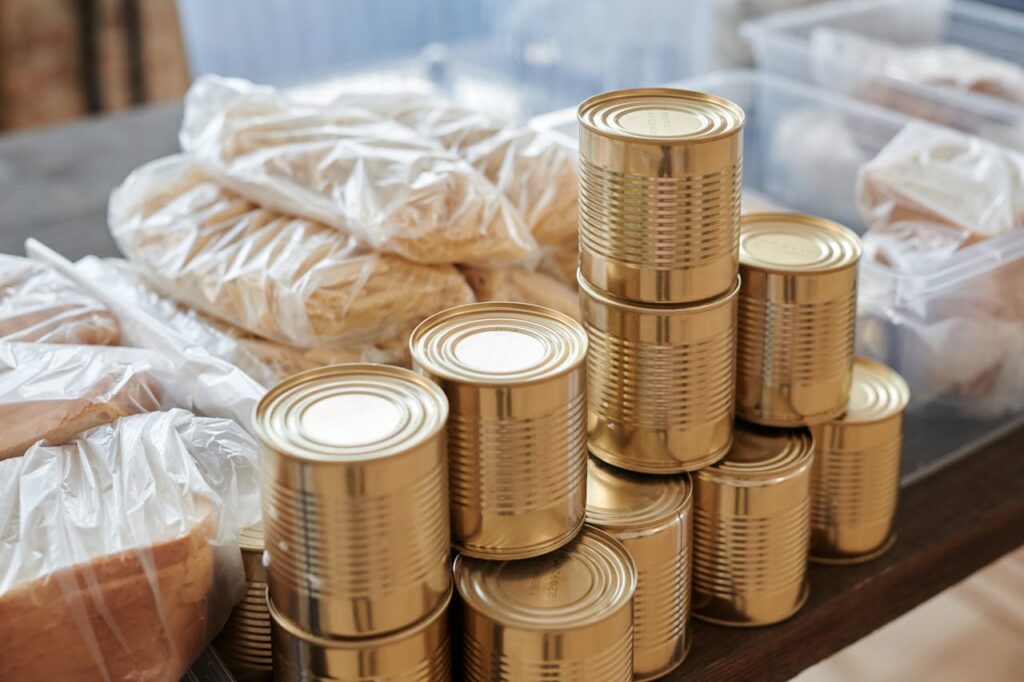
Choosing shelf-stable, nutrient-dense snacks ensures safe and convenient fuel during travel. Items like nuts, seeds, dried fruits, whole grain crackers, and protein bars do not require refrigeration and are less prone to spoilage. These foods offer sustained energy due to their balanced content of protein, fiber, and healthy fats. Packing such snacks reduces reliance on gas station junk food, which often contains excessive sugar, sodium, and artificial ingredients. Portioning them in advance also helps control intake and prevents contamination. Opting for single-serve, resealable packaging enhances portability and freshness, making them ideal for door-to-door journeys.
Maintain Hand Hygiene

Washing hands or using alcohol-based sanitizer before handling or eating snacks is crucial to prevent illness. Travel exposes individuals to numerous high-touch surfaces like door handles, fuel pumps, and public restrooms, increasing the risk of germ transmission. Using hand sanitizer with at least 60% alcohol or soap and water for 20 seconds significantly reduces pathogens. Avoid touching the face after contact with public surfaces. Carrying travel-sized wipes or sanitizer ensures cleanliness even when sinks are unavailable. This simple habit protects against foodborne illnesses and supports overall health during extended trips.
Use Insulated Coolers for Perishables
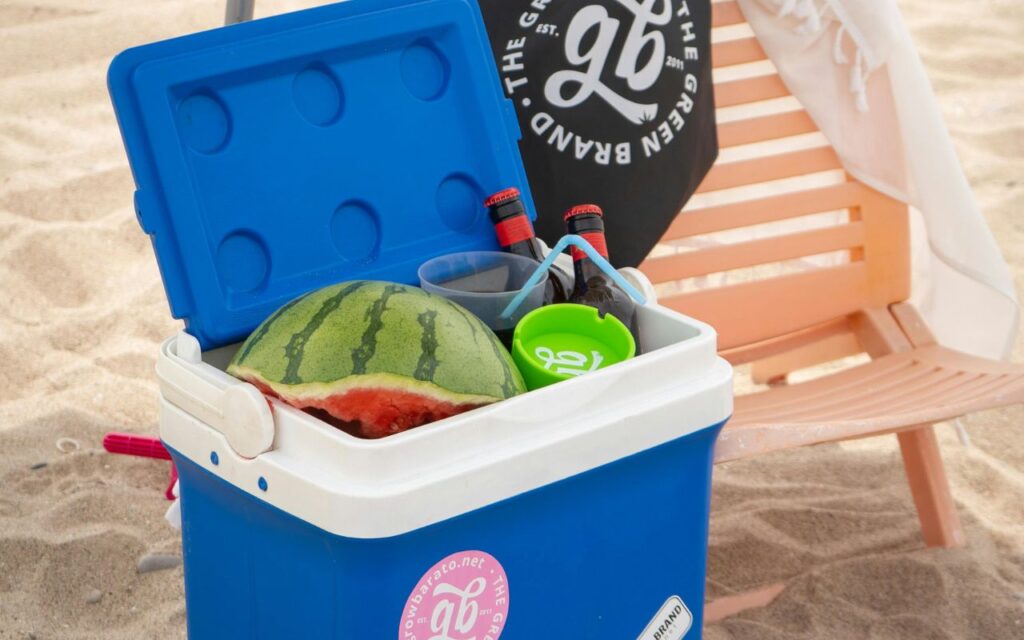
When carrying perishable snacks like yogurt, cheese, hummus, or hard-boiled eggs, an insulated cooler with ice packs maintains safe temperatures below 40°F (4°C). This prevents bacterial growth and food spoilage, especially in warm climates or during long drives. Coolers help preserve the quality and safety of protein-rich and dairy-based foods. Pre-chilling the cooler and using frozen water bottles as ice packs enhances cooling efficiency. Limit opening the cooler to retain cold air. This practice ensures that nutrient-dense perishable snacks remain safe and palatable throughout the journey.
Choose Whole, Unprocessed Foods
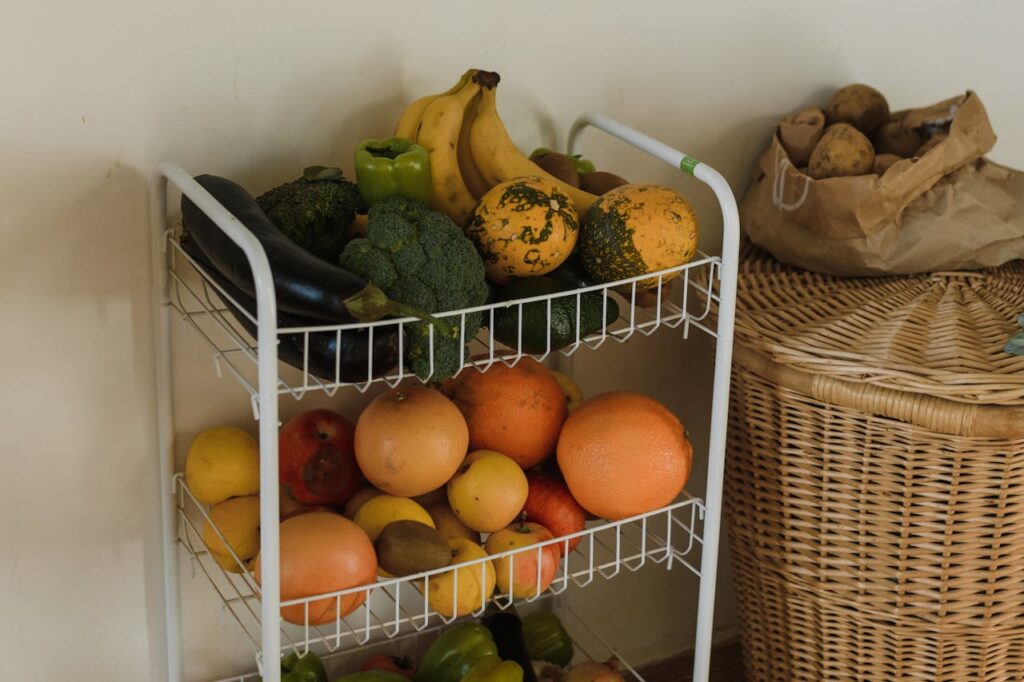
Opting for whole foods like fresh fruits, vegetables, nuts, and seeds over processed snacks reduces intake of added sugars, unhealthy fats, and preservatives. Whole apples, bananas, carrots, and bell peppers are naturally packaged, require no preparation, and provide fiber, vitamins, and hydration. These foods support digestive health and sustained energy. Unlike processed chips or candies, they do not cause blood sugar spikes and crashes. Their low moisture content and sturdy structure make them travel-friendly. Pairing them with nut butter or hummus adds protein and healthy fats for a balanced snack.
Stay Hydrated with Water

Drinking adequate water during travel supports digestion, energy levels, and cognitive function. Dehydration can mimic hunger, leading to unnecessary snacking. Carrying a refillable water bottle allows continuous hydration without relying on sugary drinks. Water also aids in the digestion of high-fiber snacks like fruits, vegetables, and nuts. Airport water stations, rest areas, and gas stations often provide refill options. Avoiding excessive caffeine and alcohol prevents fluid loss. Staying hydrated enhances overall well-being and helps maintain focus during long drives or flights.
Portion Snacks in Advance
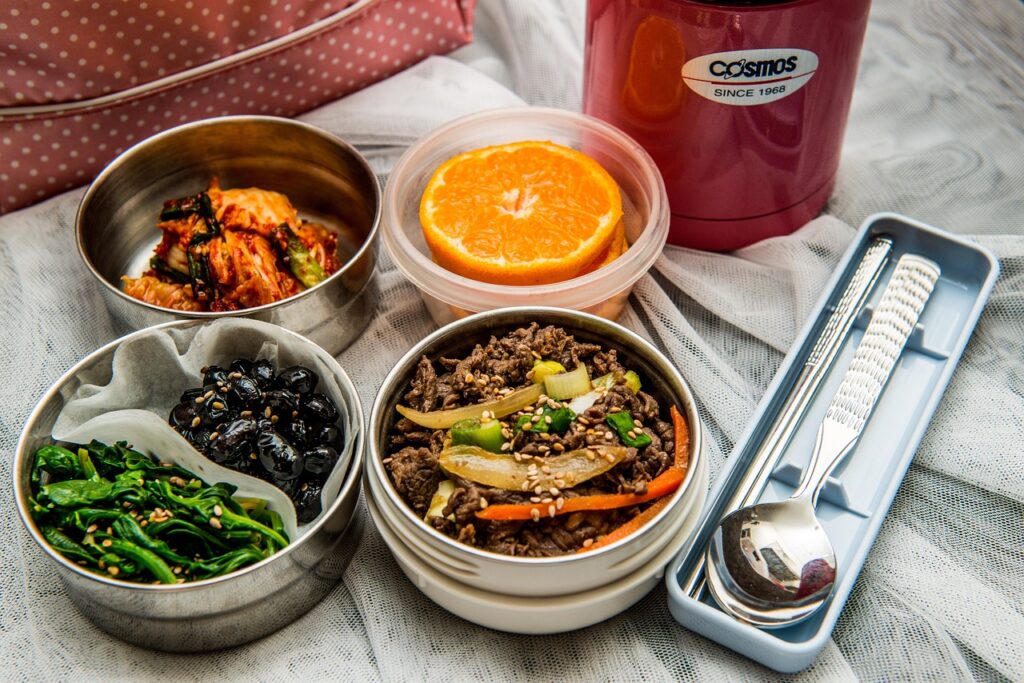
Dividing snacks into individual servings before travel promotes portion control and reduces contamination risk. Using small, resealable containers or bags keeps food fresh and organized. Pre-portioning prevents overeating and makes it easier to share or access snacks while on the move. It also minimizes exposure to air and moisture, which can degrade quality. This practice supports mindful eating and helps maintain consistent energy levels. It is especially useful for families or groups, ensuring equitable distribution and reducing waste during door-to-door adventures.
Avoid High-Sugar Convenience Foods

Gas stations and convenience stores often stock snacks high in added sugars, which can lead to energy crashes and increased hunger. Items like candy bars, sugary drinks, and flavored chips offer empty calories with little nutritional value. Regular consumption may contribute to weight gain and metabolic issues. Instead, choosing low-sugar alternatives like unsweetened dried fruit, dark chocolate, or protein bars with minimal added sugar supports stable energy. Reading labels helps identify hidden sugars and make informed choices. Avoiding these pitfalls ensures sustained alertness and better health during travel.
Pack Protein-Rich Options
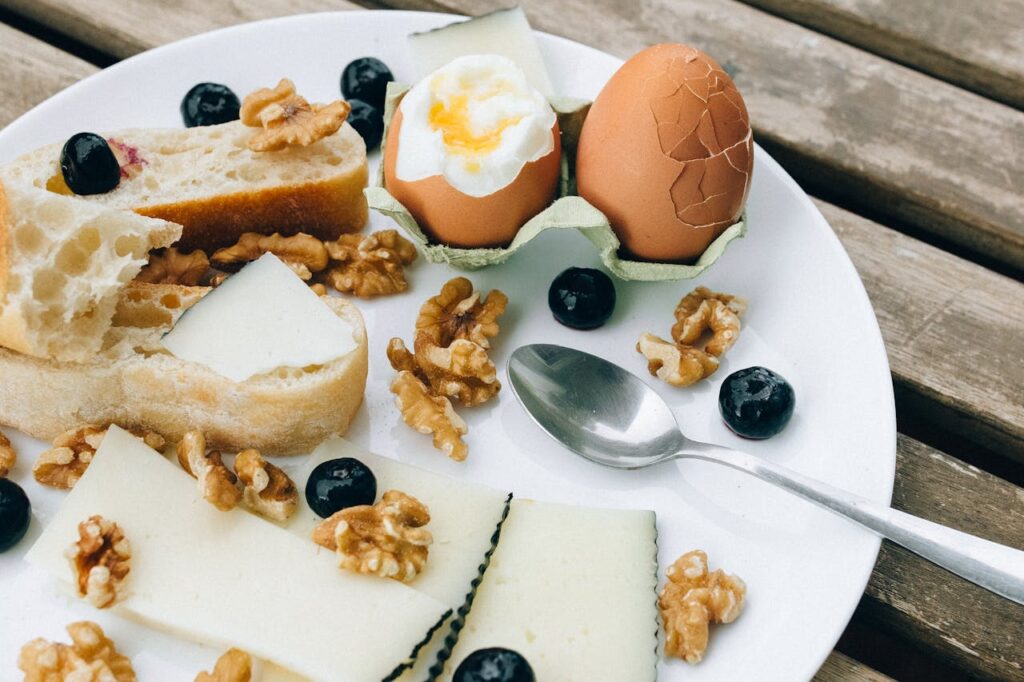
Including protein-rich snacks like jerky, nuts, seeds, hard-boiled eggs, or cheese helps maintain satiety and muscle health. Protein slows digestion, preventing rapid blood sugar fluctuations and reducing hunger between meals. These foods are especially beneficial during long trips when meal timing is irregular. Opt for low-sodium, minimally processed versions to avoid excess salt. Plant-based options like roasted chickpeas or edamame offer similar benefits. Protein also supports immune function, making it essential for staying healthy while traveling.
Wash or Peel Produce
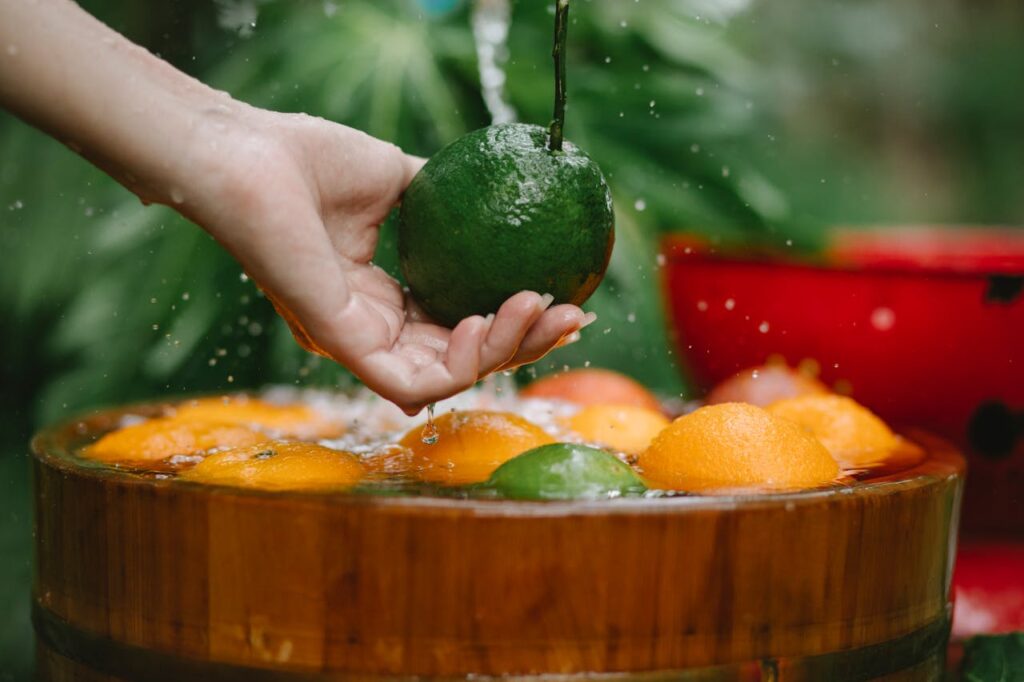
When consuming fresh fruits and vegetables during travel, washing or peeling them reduces exposure to pesticides and pathogens. If tap water is unsafe, use bottled or purified water for rinsing. Peeling items like bananas, oranges, or avocados eliminates surface contaminants. Pre-washing and drying produce before packing prevents mold and spoilage. Avoid pre-cut fruit from unknown sources, as it may have been handled improperly. This practice ensures that the nutritional benefits of produce are enjoyed without the risk of foodborne illness, especially in areas with questionable water quality.
Store Food at Safe Temperatures
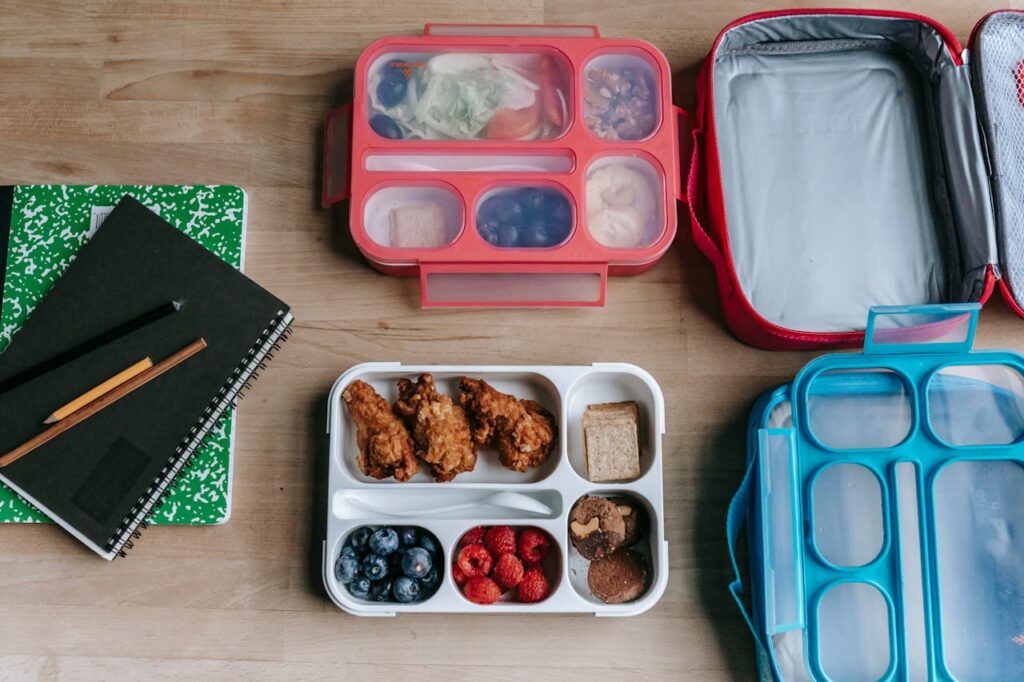
Keeping perishable foods at proper temperatures prevents bacterial growth and food poisoning. Hot foods should be kept above 140°F (60°C), while cold items must stay below 40°F (4°C). Using insulated bags, coolers, or thermal containers maintains these ranges. Avoid leaving food in hot cars or direct sunlight. Consume perishables within recommended time limits—typically two hours at room temperature, or one hour if above 90°F (32°C). This practice is critical for items like dairy, meats, and cooked dishes. Proper storage ensures food remains safe and enjoyable throughout the journey.
Read Labels for Hidden Ingredients
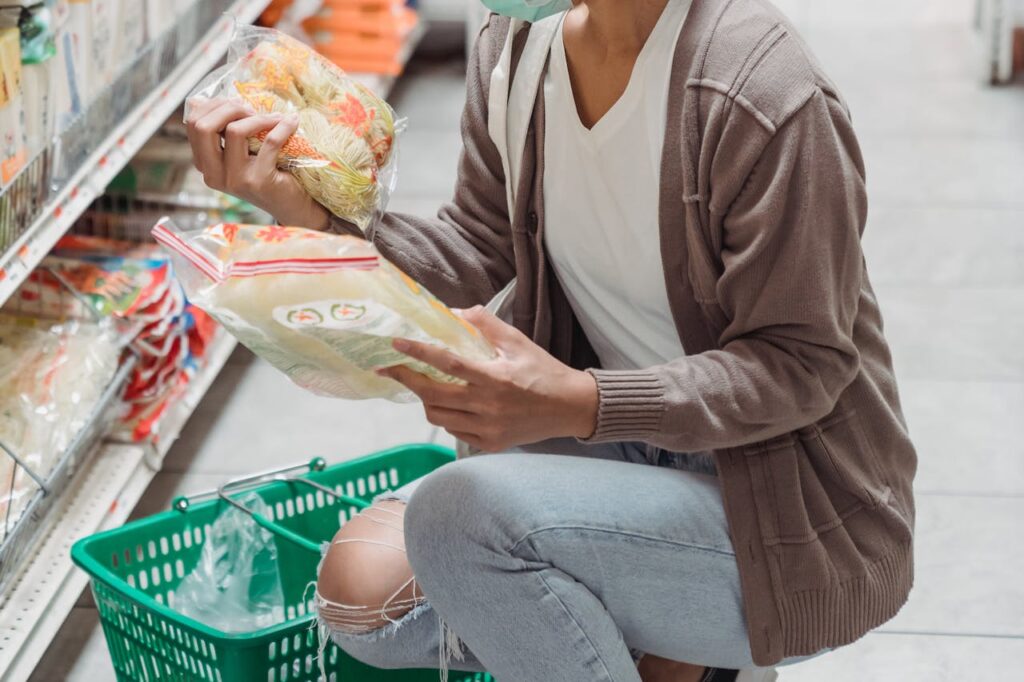
Checking nutrition labels helps avoid hidden sugars, sodium, and unhealthy fats in packaged snacks. Many “healthy” bars or trail mixes contain added sweeteners or preservatives. Opt for products with short ingredient lists featuring whole foods. Look for terms like “unsweetened,” “low sodium,” or “no added sugar.” Be cautious of misleading marketing claims like “natural” or “organic,” which don’t guarantee nutritional quality. Reading labels empowers informed choices and supports long-term health goals. This habit is especially important when selecting convenience foods during travel.
Carry a Refillable Water Bottle
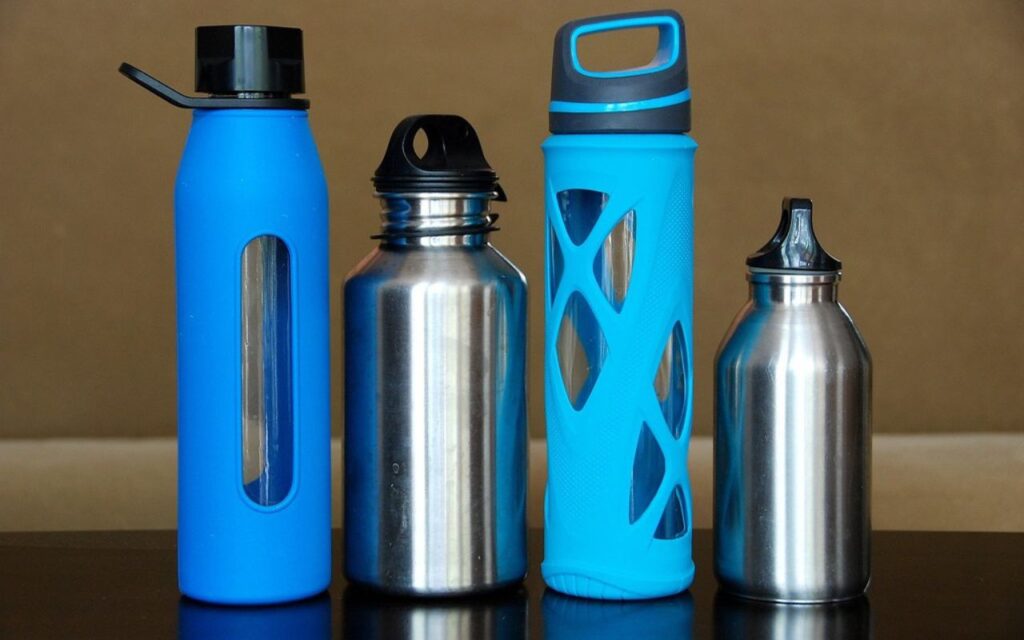
Bringing a reusable water bottle reduces plastic waste and ensures constant access to hydration. Fill it after passing through airport security or at rest stops with water stations. Stainless steel or BPA-free plastic bottles are durable and safe. Marking the bottle with time-based goals encourages regular drinking. Hydration supports metabolism, temperature regulation, and cognitive performance. It also reduces the temptation to buy sugary beverages. A refillable bottle is a simple, sustainable tool that enhances health and convenience during any travel adventure.
